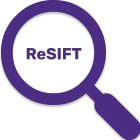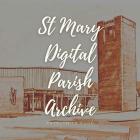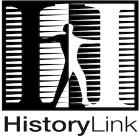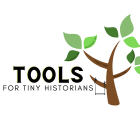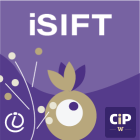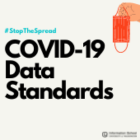Recital Repertoire Planning Tool
As part of their degree requirements, Music Performance majors perform solo recitals. Voice majors have often relied on repertoire recommendations from their voice professors, or have drawn from a narrow range of well-known composers. This project seeks to connect singers to more unique song repertoire via techniques inspired by the “read alike” and Nancy Pearl’s “four doorways.” The “read alike” concept was adapted and placed within a repertoire selection framework as a set of search strategies. The framework allows students to find music that speaks to them, is varied and diverse, and promotes a more research-minded approach to performing.

